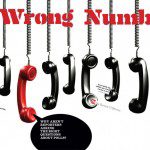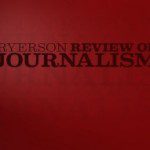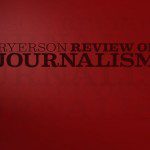Freedom’s just another word
That's why we have to define it for ourselves
In a recent column in Macleans, Barbara Amiel points to some of the seamier practices of the British “gutter” press, which not only delves into the private lives of the royal family but, as she says, lays siege for weeks on end to relatives of murder victims, invades hospital rooms and wiretaps conversations. Amiel suggests that growing public indignation over the way the press covers the House of Windsor is being “used as a fig leaf to try for new censorship controls,” something that she strongly opposes.
In defense of her argument against censorship of the press, Amiel says: “We either have freedom of speech or we do not. There is no such thing as an almost free press. Freedom is indivisible.” If Amiel is right, then perhaps we are deluding ourselves in thinking that we now have a free press. As it stands, press freedom is already limited. Financial constraints not only reduce the number of stories that get covered, but they act as a barrier to those whose voice never gets heard because they cannot afford their own presses. And laws that impose sanctions against the written word, such as libel and slander laws, also act to limit press freedom.
But perhaps we should be looking at the question of press freedom from a different standpoint. Freedom, as Jay Newman states in his 1989 book, The Journalist in Plato’s Cave, needs to be “weighed against other values, such as justice, wisdom, security, prosperity,…and so on.” Unless journalists take it upon themselves to consider these other values, the day may well come when society imposes greater limits on press freedom in an effort to force them to. But depending on the depths to which a gutter press is willing to stoop, such limits might even enhance press freedom. True freedom, according to Newman, is not the power to behave without regard for the interests of others; rather, it is the power to transcend our blind emotions, compulsive appetites and unconscious drives and act on the basis of intellectual and moral discipline.
Here at the Ryerson Review of Journalism, we value our freedom to take a critical look at the media. However, we realize that this freedom does not bring with it the absolute right to say or do whatever strikes our fancy. Nor should it. And as we worked on our stories, we tried to keep Newman’s vision of true freedom in mind. Granted, few of us can count ourselves among the truly free in terms of Newman’s definition. But we believe it’s an ideal worth striving for.















